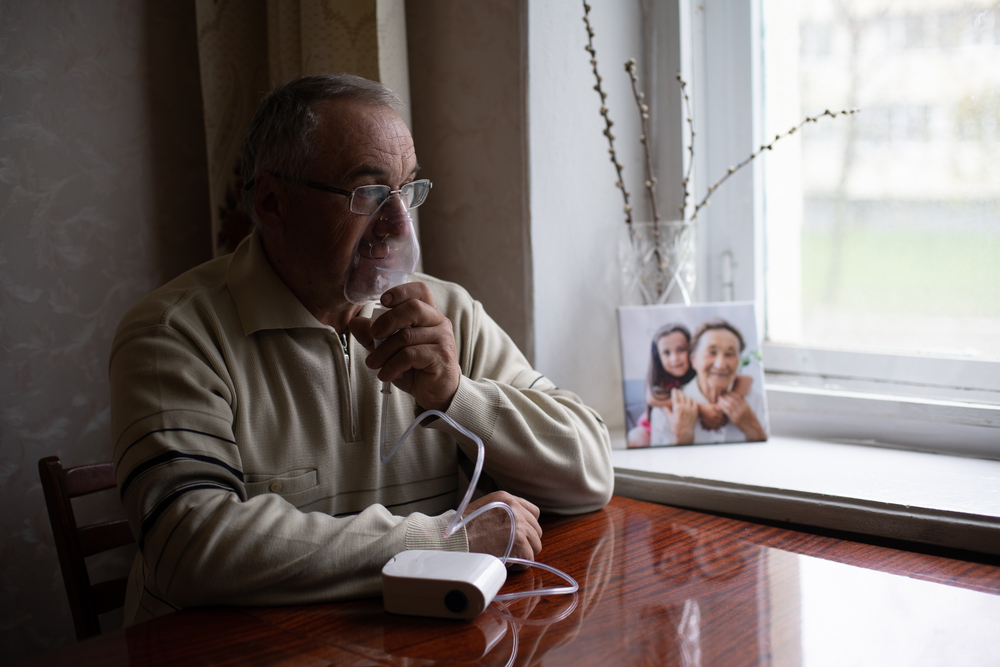Post Sepsis Recovery: The After Effects of Sepsis
Category:

After your surgery is over, you might think the worst is behind you, and hopefully it is. Unfortunately, another issue might pop up: sepsis. This can, at times, be worse than the reason you had surgery in the first place, so it’s important to understand what it is and what to expect if you fall victim to it.
What Is Sepsis?
When you have surgery, you’re at risk for infection. Sepsis is a complication stemming from an infection. Chemicals that are released into your bloodstream to fight your infection then cause an inflammatory response throughout your body. This can then lead to damage in your organs and finally organ failure.
Signs and Symptoms of Sepsis in Elderly
There are actually 3 stages of sepsis. They include sepsis, severe sepsis, and septic shock.
In the first stage, there are several sepsis symptoms in adults that you should be on the lookout for. These include a heart rate over 90 beats per minute, a temperature above 101 degrees, and quick breathing. It’s especially important to watch for these signs of sepsis after surgery.
In stage 2, you might also notice abdominal pain, difficulty in breathing, and a severely decreased need to urinate.
Finally, in stage 3, clinical indicators for sepsis include the symptoms of stage two as well as very low blood pressure that can’t be corrected with fluid replacement.
Can You Recover from Sepsis?
Like many things, early detection is important when it comes to sepsis recovery. In the first stage, you have a 15% to 30% chance of death while in the most severe stage you have a 40% to 60% chance of death. In most cases you will need to be hospitalized for post-sepsis recovery, as it can quickly lead to organ failure and even death. It’s critical to get treatment immediately, as studies have shown that the mortality rate increases 7% per hour if antibiotics are delayed when dealing with severe sepsis.
The sepsis recovery time will vary depending on the treatment needed to battle the sepsis. If antibiotics are all that is required, recovery time can be pretty quick, but if surgery is necessary or even an organ transplant, then you can expect a much longer recovery.
After Effects of Sepsis
What comes after sepsis really depends on the stage of sepsis you are dealing with. Stage 1 will have very few after effects, while stage 3 could mean losing limbs or organ failure such as kidney failure. Other effects can be memory loss and even additional hospitalization due to recurrent sepsis.
In fact, 1 in 3 sepsis patients end up back in the hospital within 3 months due to a new infection or another outbreak of sepsis.
If you or a loved one has recently had surgery, it’s a good idea to keep a close watch for sepsis symptoms and to contact your primary care physician or even go to the emergency room as soon as possible. Every moment you delay could cause additional damage and serious complications.
Subscribe
Date: 2018-08-14
Category:


